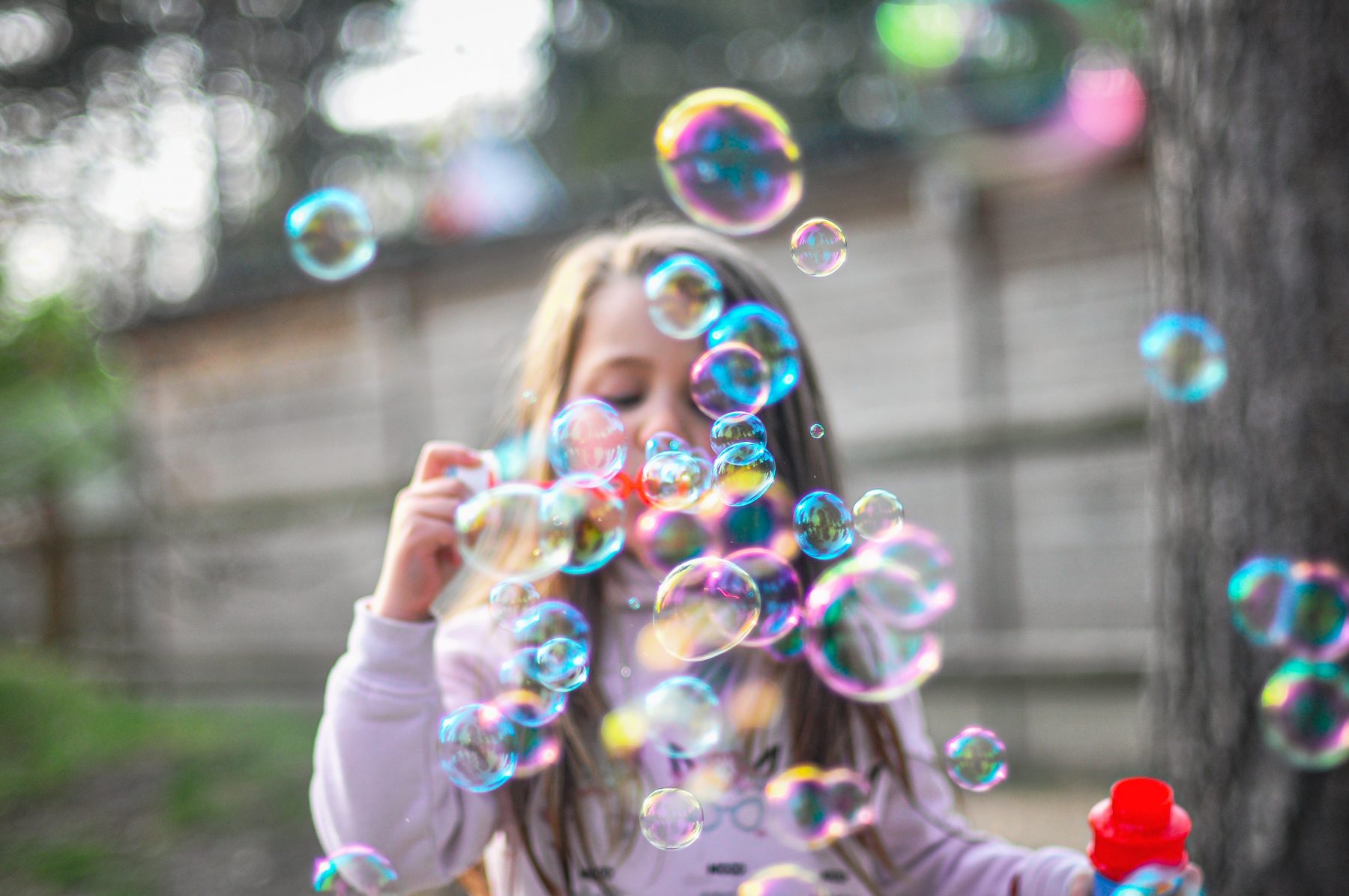How learning through play as a child can help you succeed as an adult

As our economy and job market face rapid shifts, further accelerated by the COVID-19 pandemic, the ability to learn new skills and adapt to new enterprises is critical for workers and businesses alike. Gartner research found that the number of skills required for a single job is increasing by 10% per year and 85% of companies recently surveyed by McKinsey said they had accelerated digitisation.
A staggering 50% of all employees will need reskilling by 2025 as the adoption of technology increases, according to the World Economic Forum’s Future of Jobs Report. In addition, the top skills needed to succeed in the workplace include active learning, resilience, stress tolerance and flexibility.
As we wade through changing job markets, globalisation and life-changing events like COVID-19, adaptability and creativity are critical to one’s success and growth. And as we grow, these skills plus a genuine joy of learning impact overall life satisfaction and give us the tools to grow and adapt. But are we as adults naturally equipped with these skills and how do we build and strengthen them?
Learning through play
Beginning in childhood, learning through play helps people to embrace uncertainty, instils a stronger sense of curiosity, provides new ways to approach challenges – to test and try things over again – and to innovate. Research shows that learning through play is core to a child’s well-being and ability to thrive by helping them develop core skills (creative, social, physical, emotional and cognitive) that are critical drivers of success in adulthood. But while children are flexible in learning new skills, this function declines as we grow older.
A significant part of sparking creativity has to do with challenging – and, in turn, being able to adjust – your mindset. Adults need to remain engaged in learning, play and creativity to thrive in life. Specifically, curiosity, confidence and emotional regulation are critical for adults to succeed in careers and be flexible to new challenges.
Finding ways to spark a joy of learning by engaging in something new or adjusting our tasks enables us to challenge and, in turn, be able to adjust our mindset. Play also helps the plasticity of the brain, limits toxic stress, and allows us to pursue goals and ignore distractions. Adults who perform above average on creativity also perform significantly better on executive function and can better imagine ways to cope with challenges.
Education systems should support the development of these life skills in our children and give teachers the opportunity to promote creativity and learning through play. This is essential from early childhood education through higher education, especially given that incorporating play in higher education can counteract the fear of failure and the avoidance of risk.
Integrated Approaches for holistic skills
These approaches already exist and have been implemented in schools, but need to be scaled and supported to a much greater extent throughout the education system. Learning through play supports the development of early literacy and numeracy skills in an integrated approach, while also cultivating children’s social, emotional, physical and creative skills. By building upon learner gains made in the early years through play-based approaches, educators can employ integrated pedagogies.
The LEGO Foundation has partnered with the Danish University Colleges on a Playful Learning programme. The goal is to work with educators in teacher education and social education programmes to enhance children’s creative and experimental approach to the world, and bolster a lifelong motivation for playful learning.
Play is now being considered an essential part of teacher education, so why shouldn’t the workplace not also learn from children and apply similar principles to keep learning? Perhaps if we can try to learn more from children’s creativity and play, and be inspired about the changes happening through our education, we can become more adaptable and our workplaces more productive.
Popular

Policy
Quality
Practice
Provider
Research
Workforce
ECEC services to close early for mandatory child safety training under national reforms
2025-12-01 07:10:09
by Fiona Alston

Quality
Policy
Practice
Provider
Workforce
Growth restrictions and enhanced oversight imposed on Affinity Education Group in NSW
2025-12-01 07:30:29
by Fiona Alston

Workforce
Events News
Policy
Practice
Provider
Quality
Gold Walkley Award win for childcare investigation places national spotlight on safety and accountability in ECEC
2025-12-02 07:30:34
by Fiona Alston
















